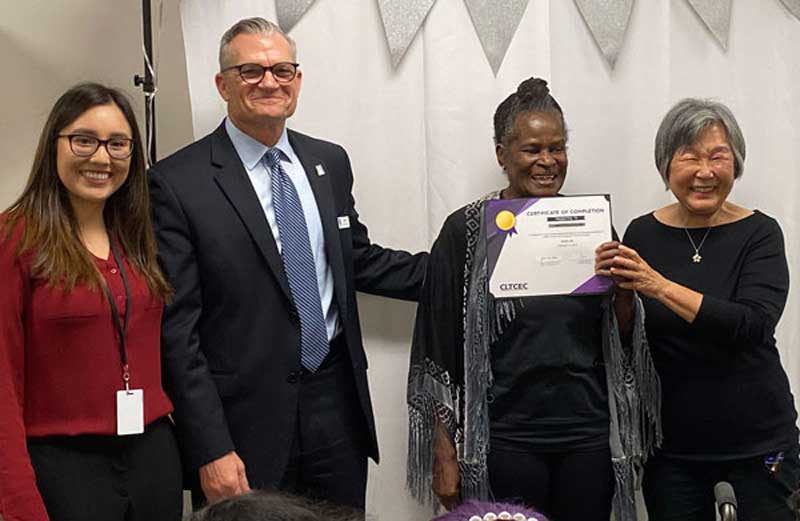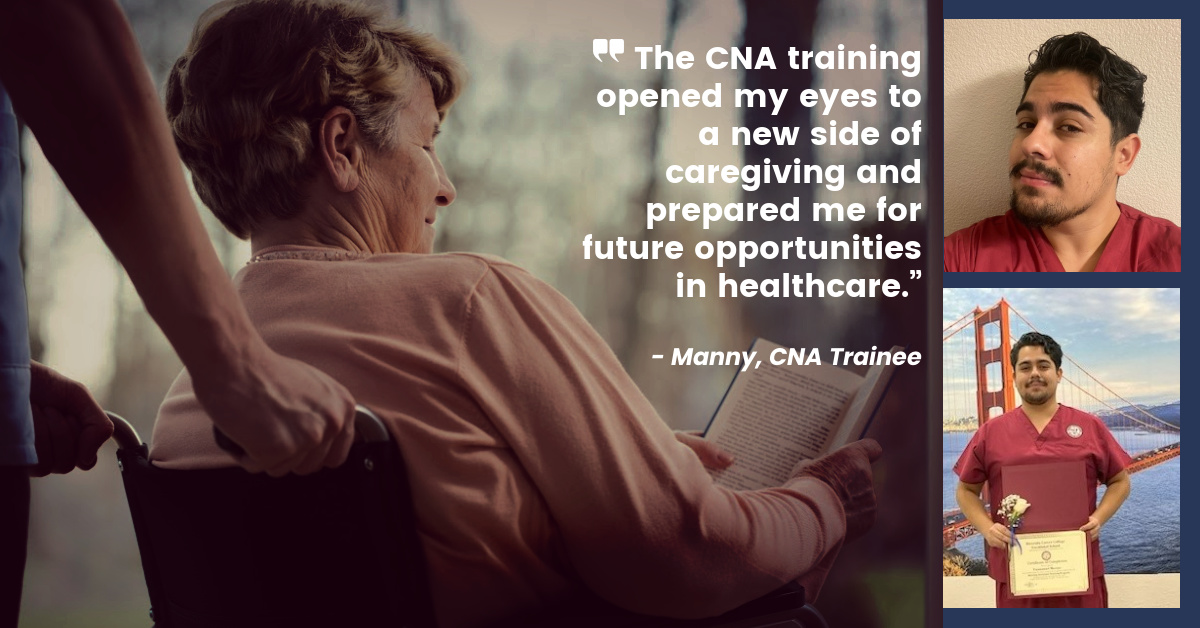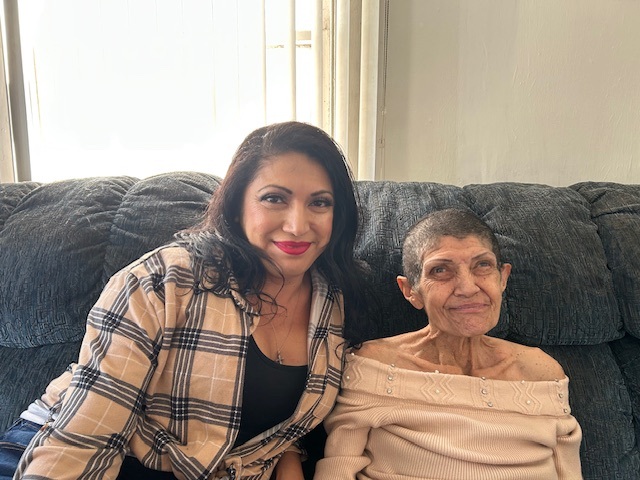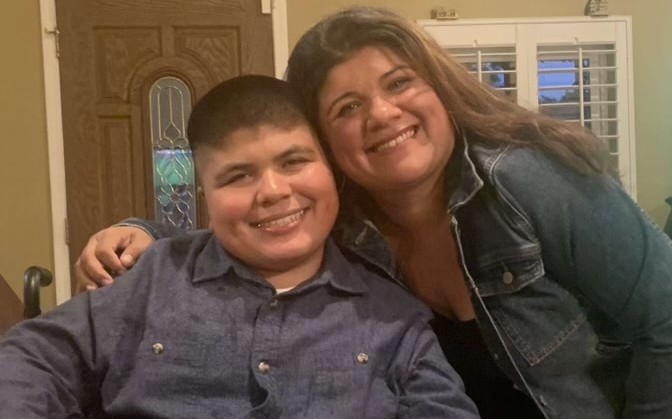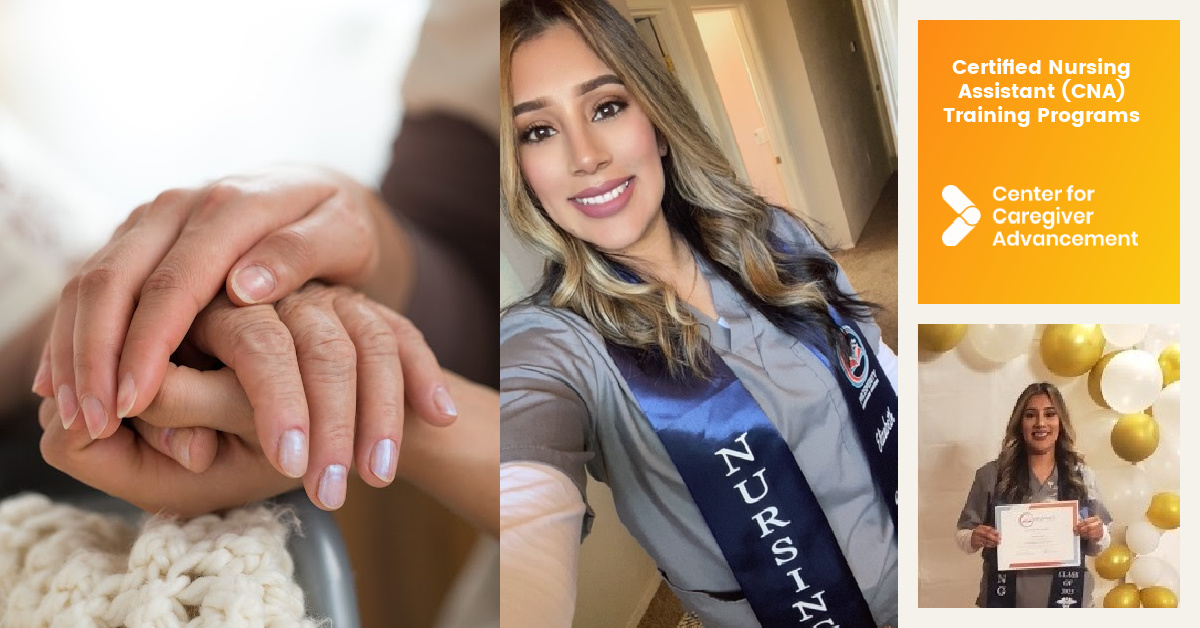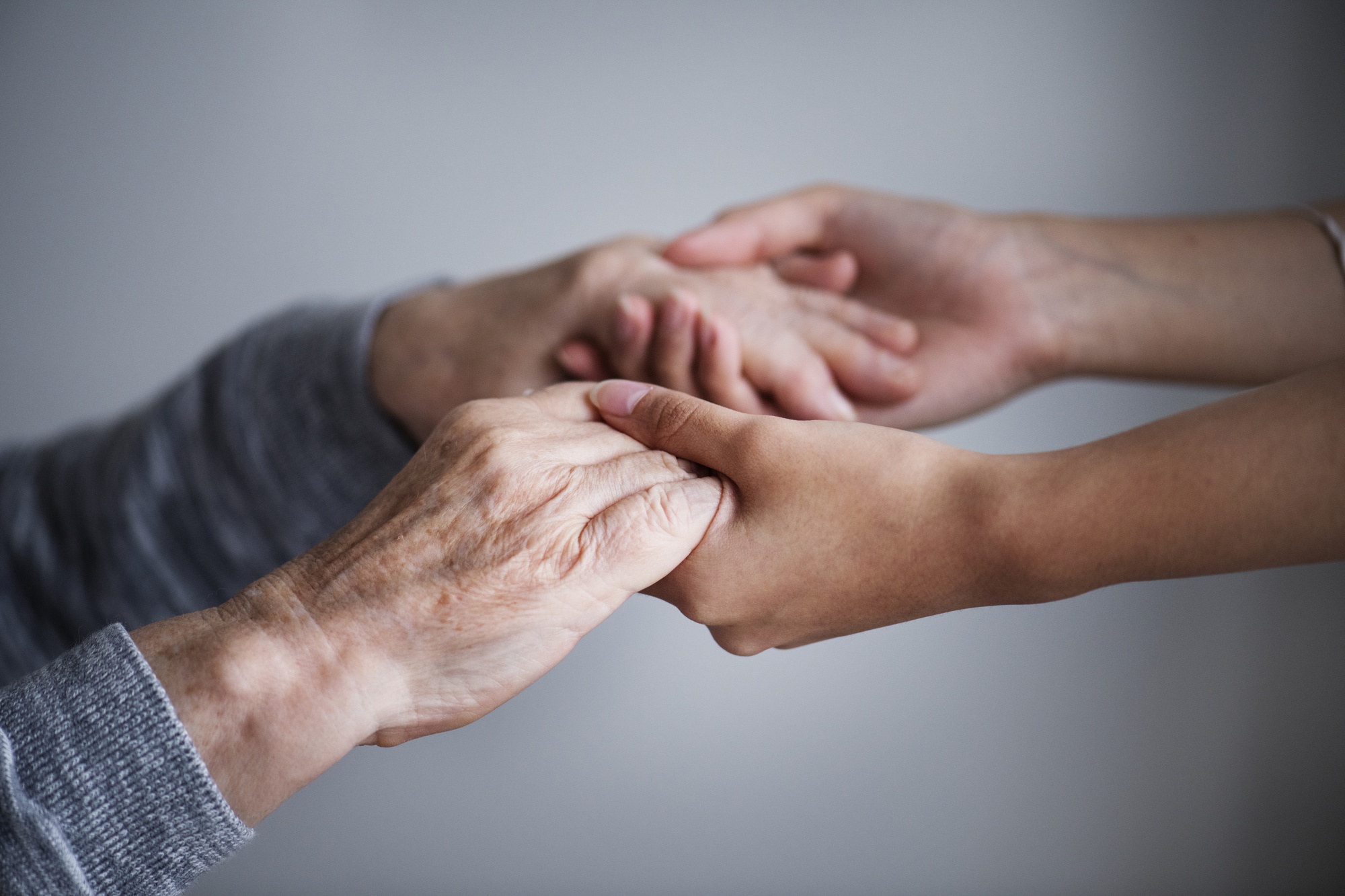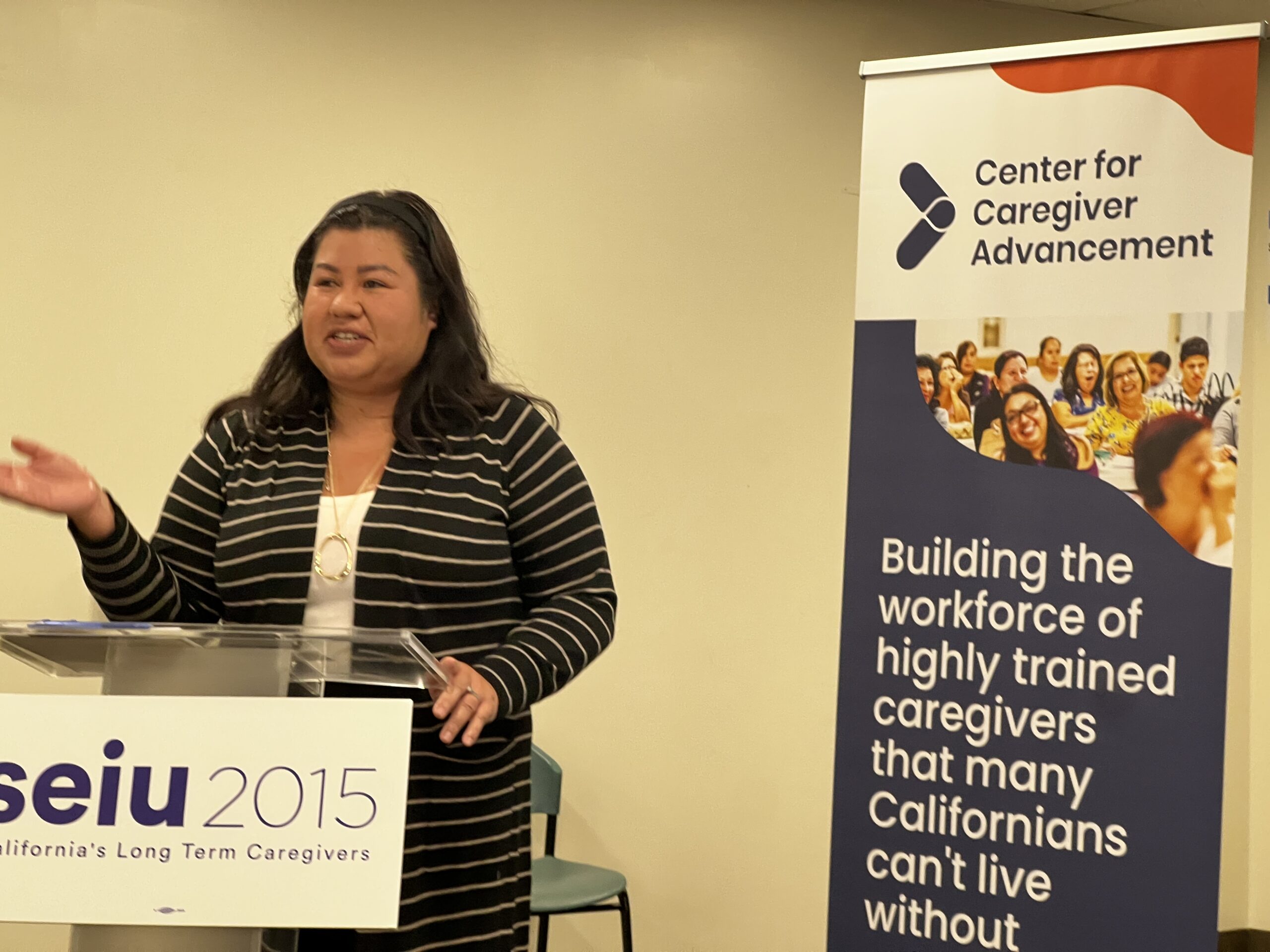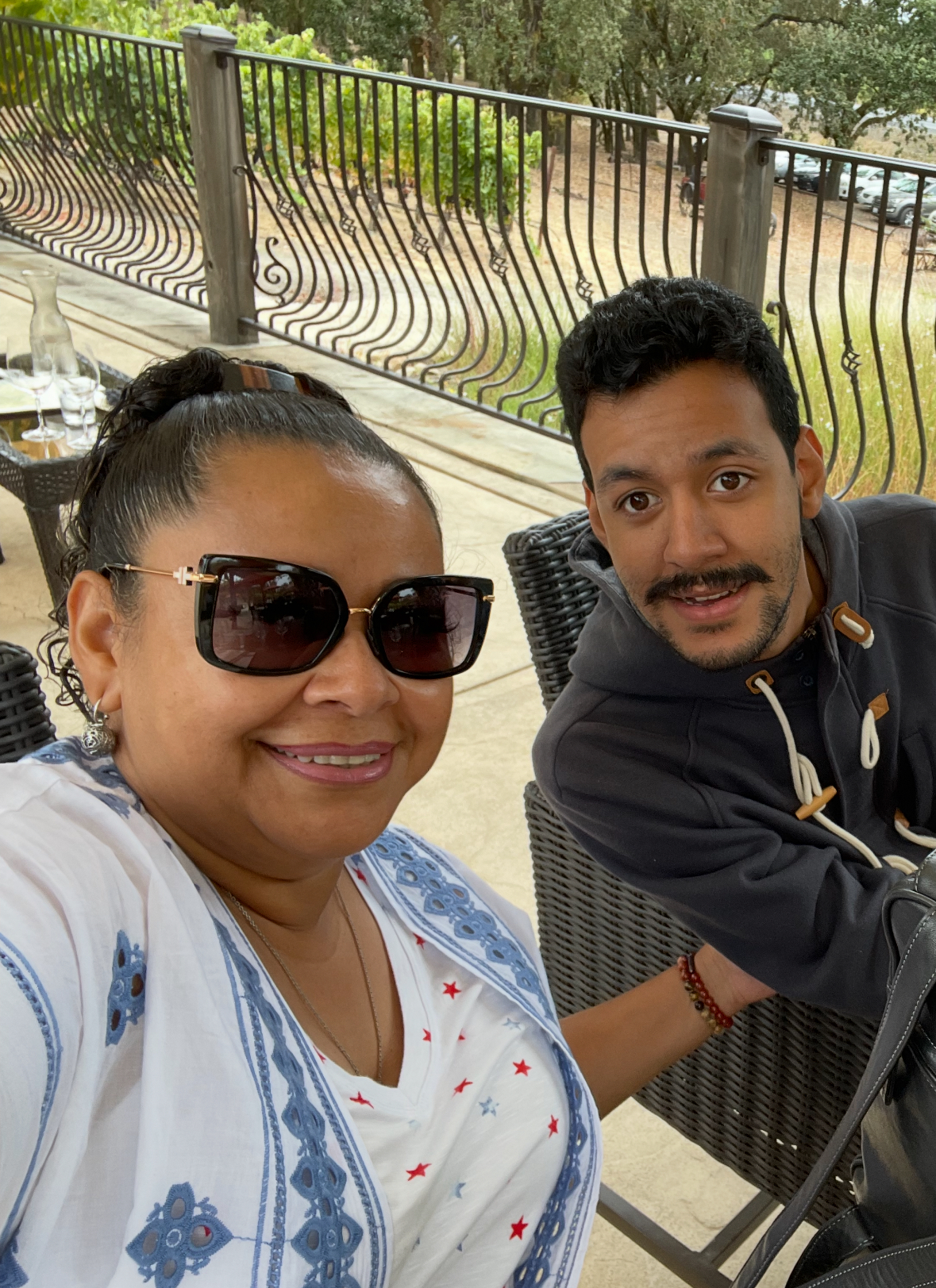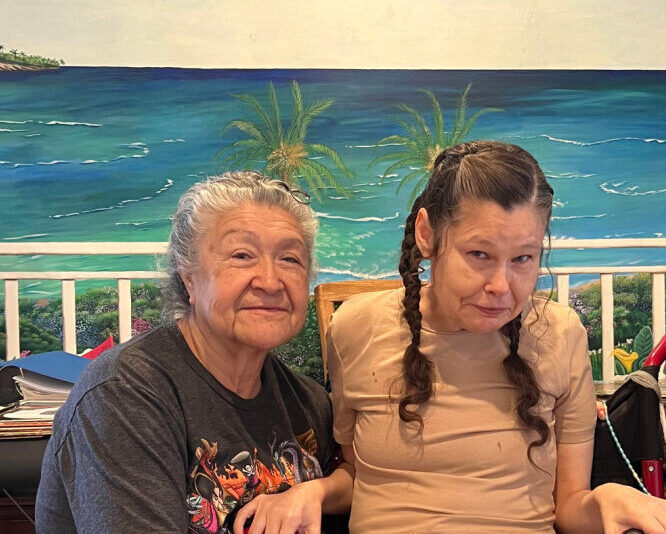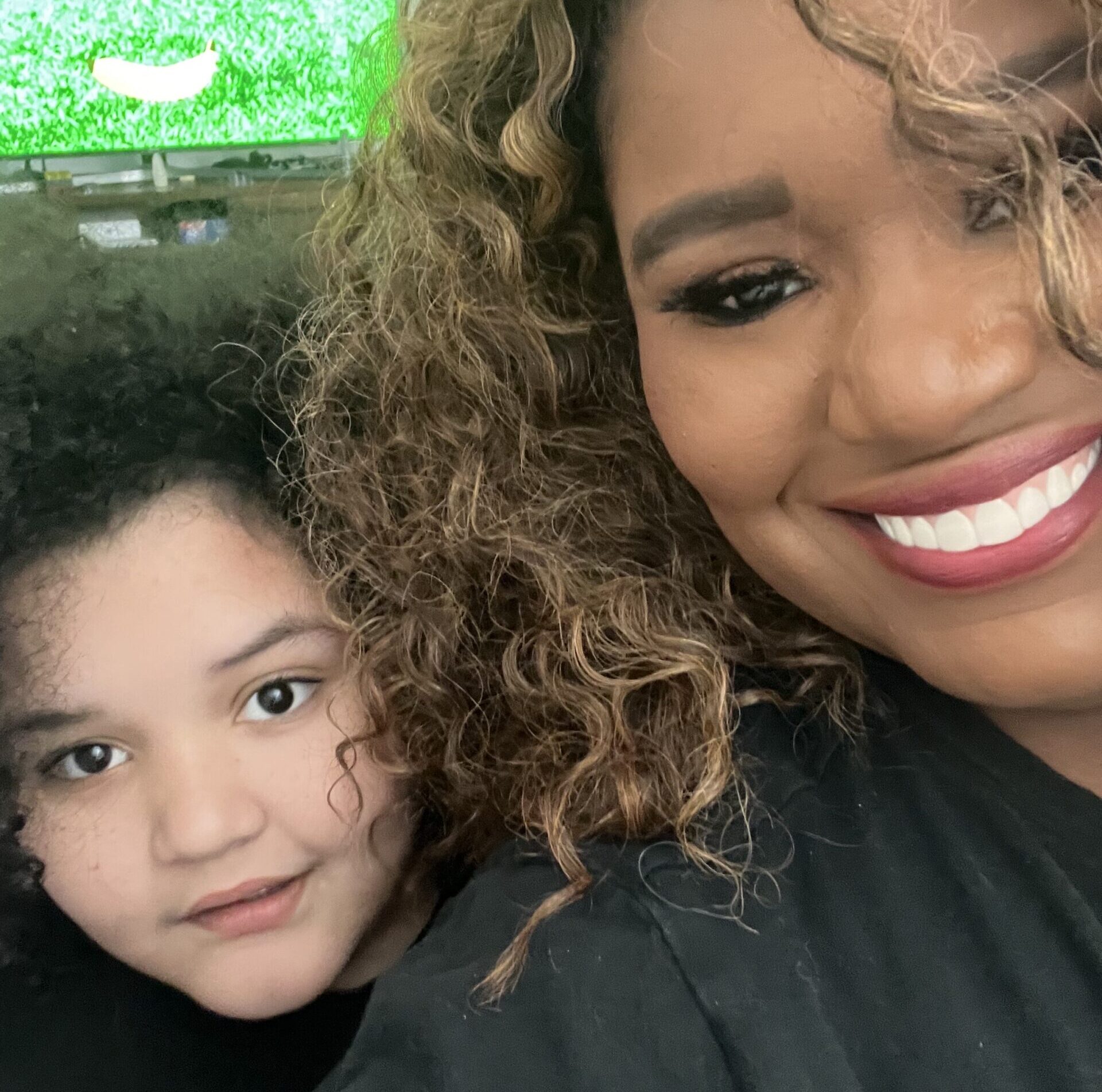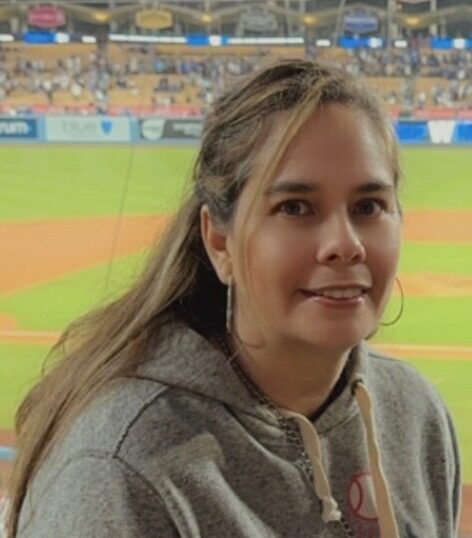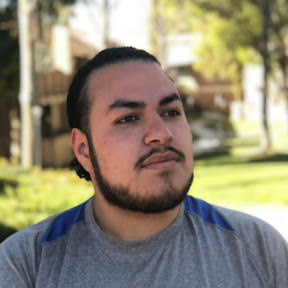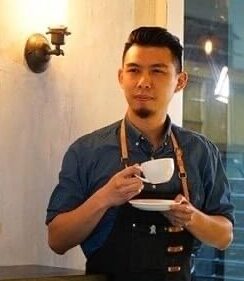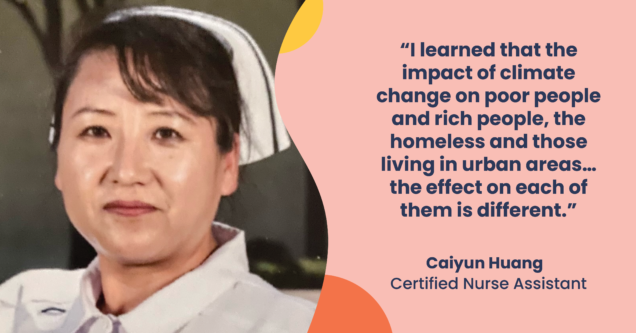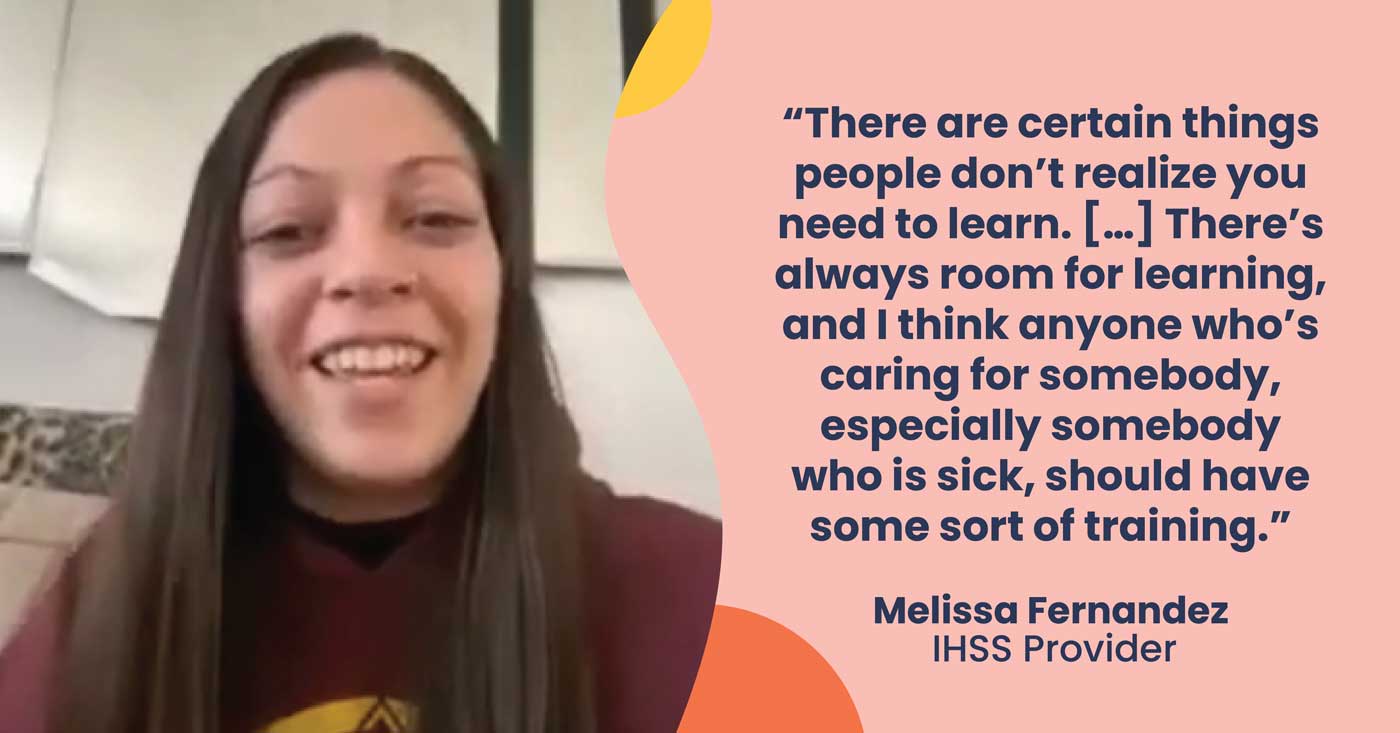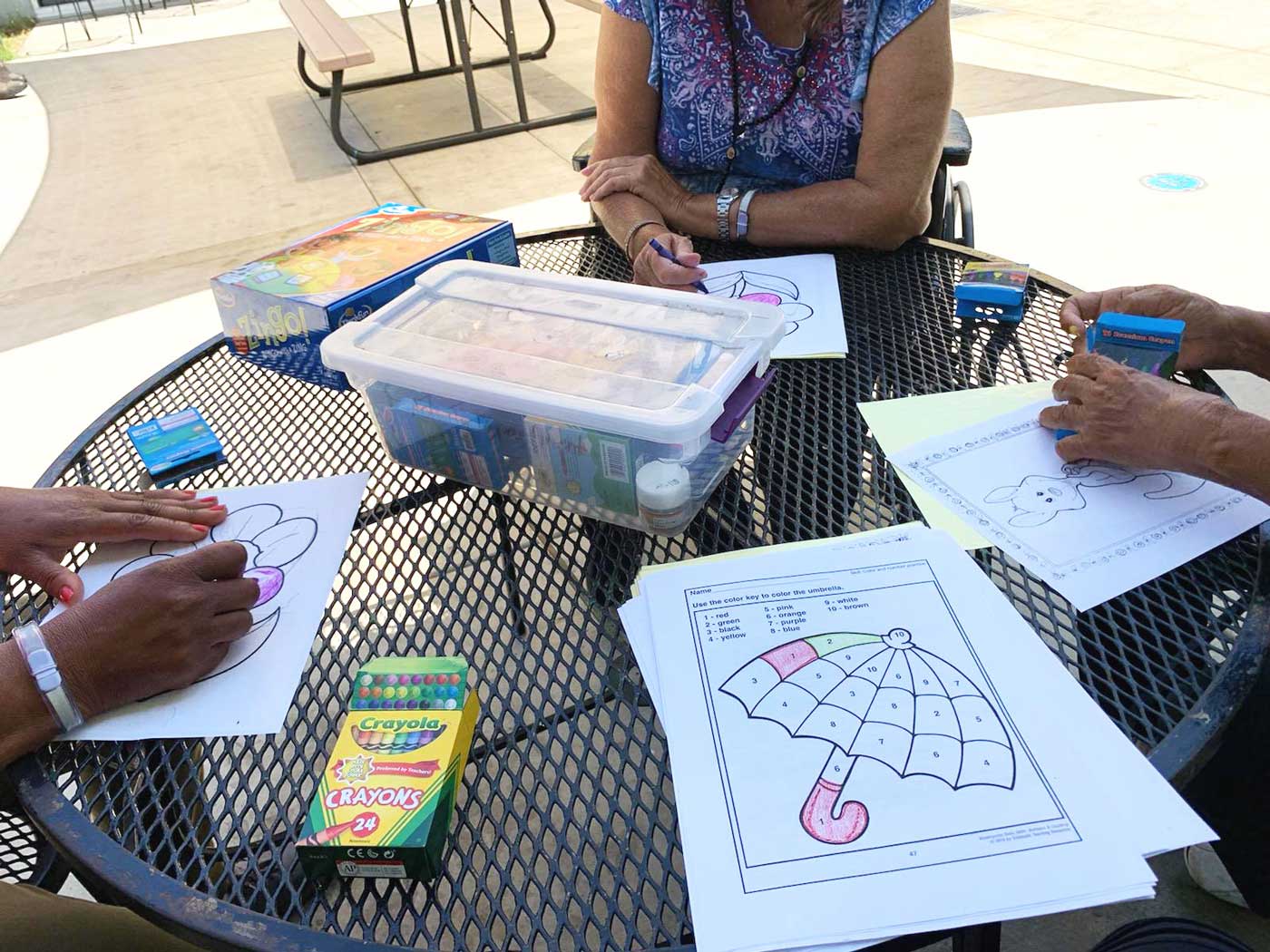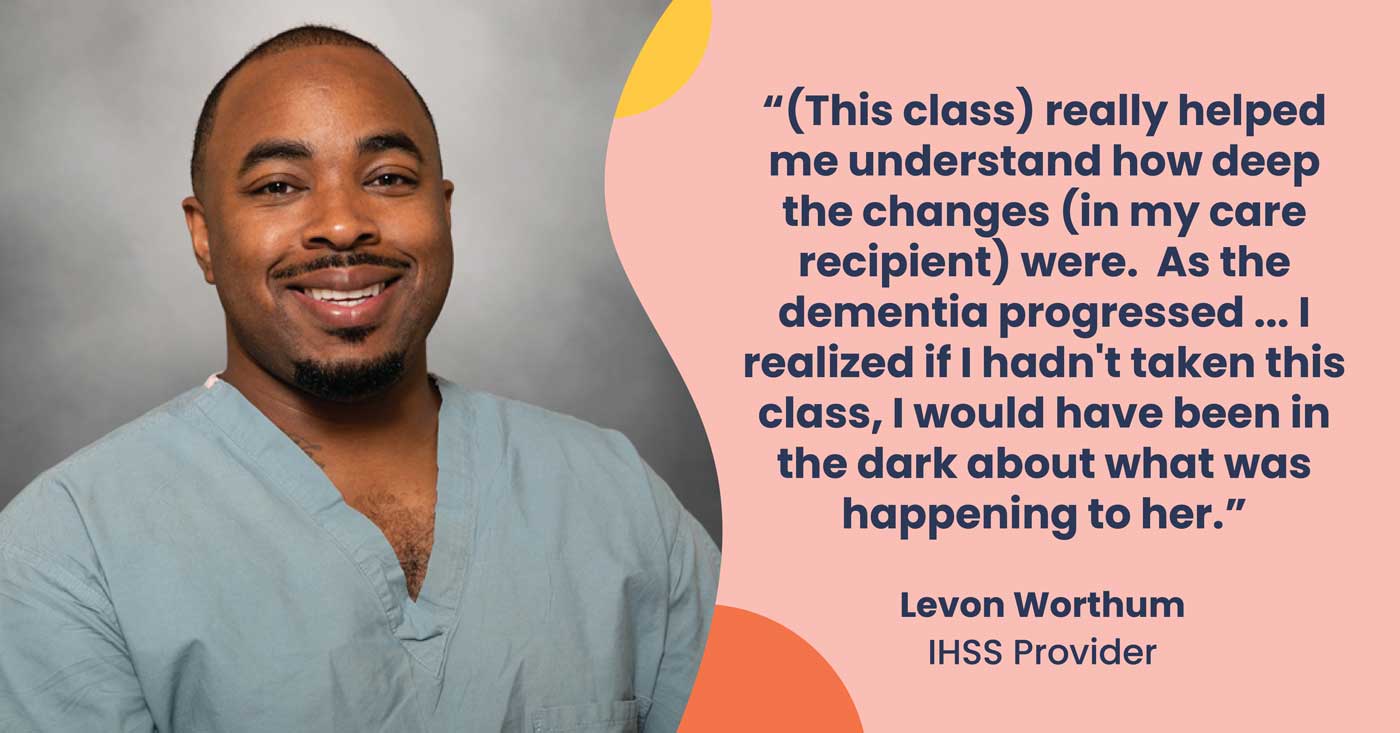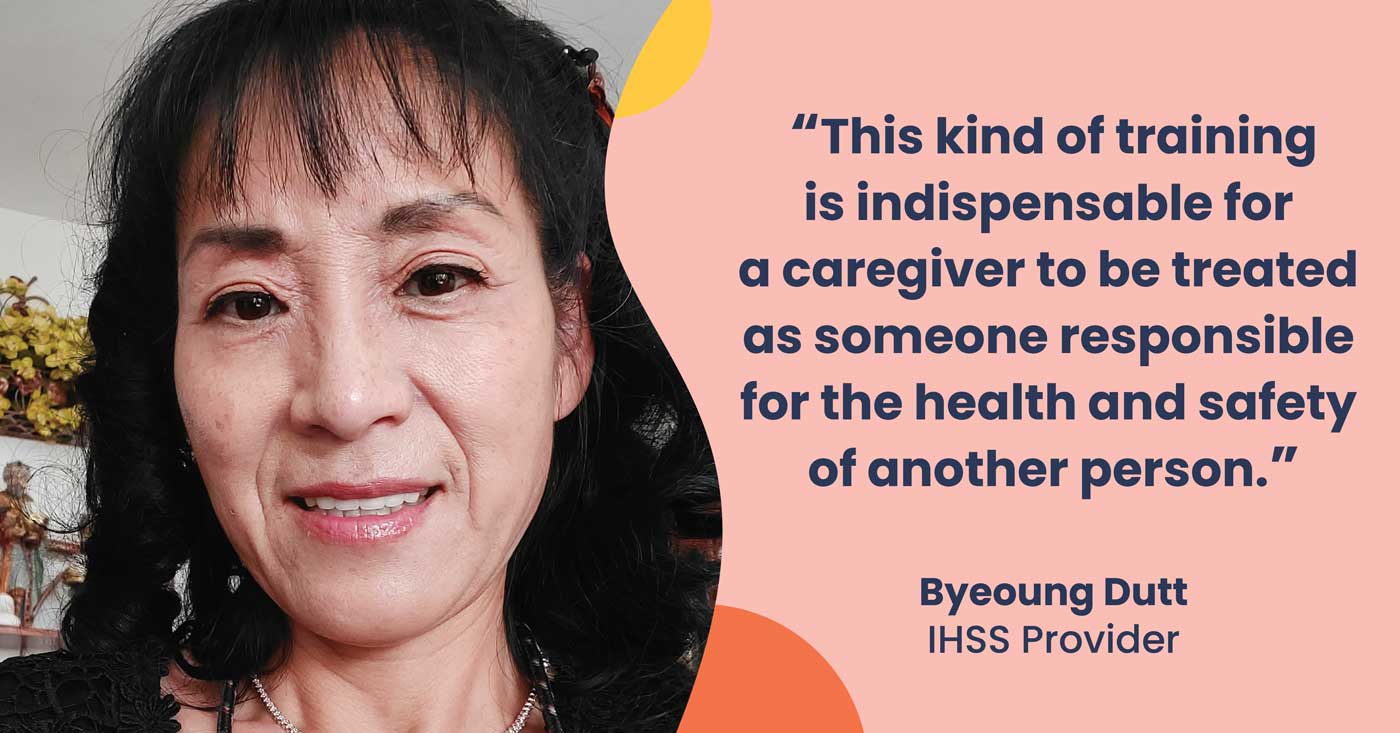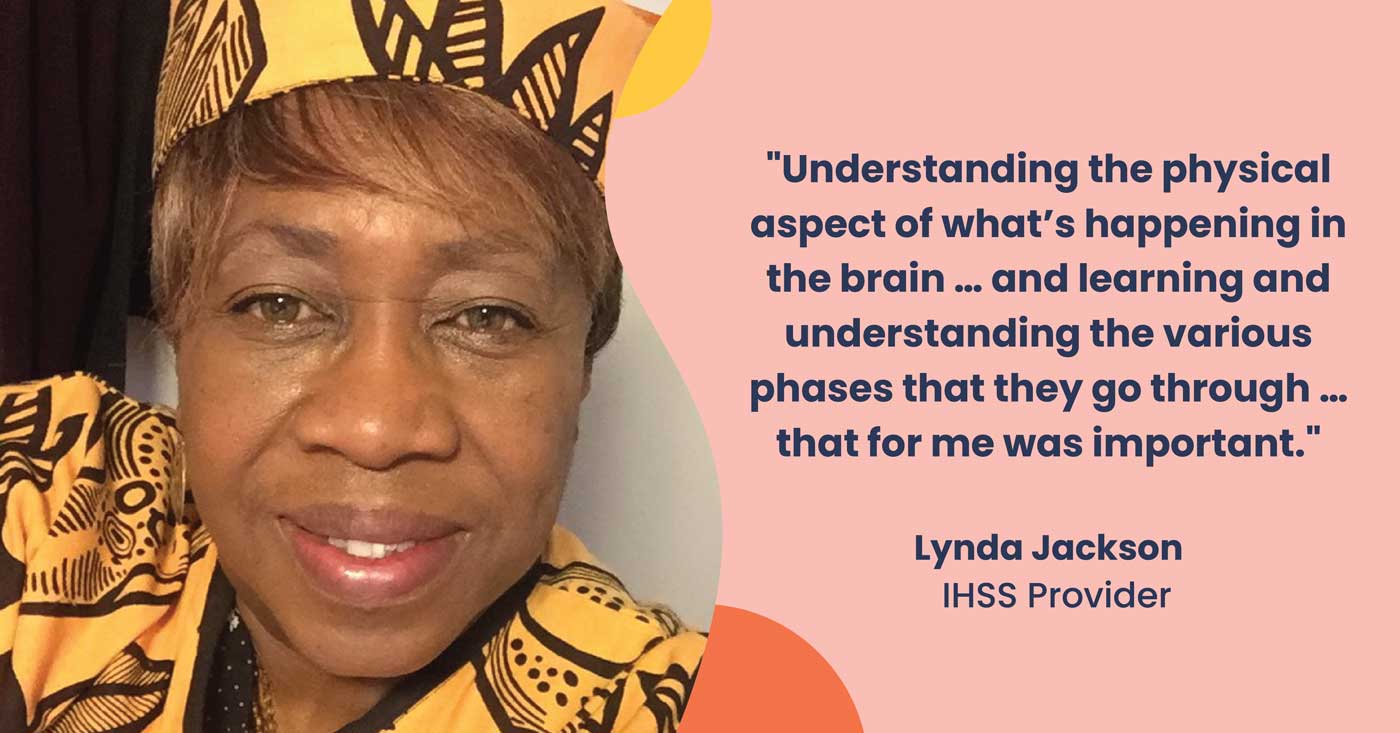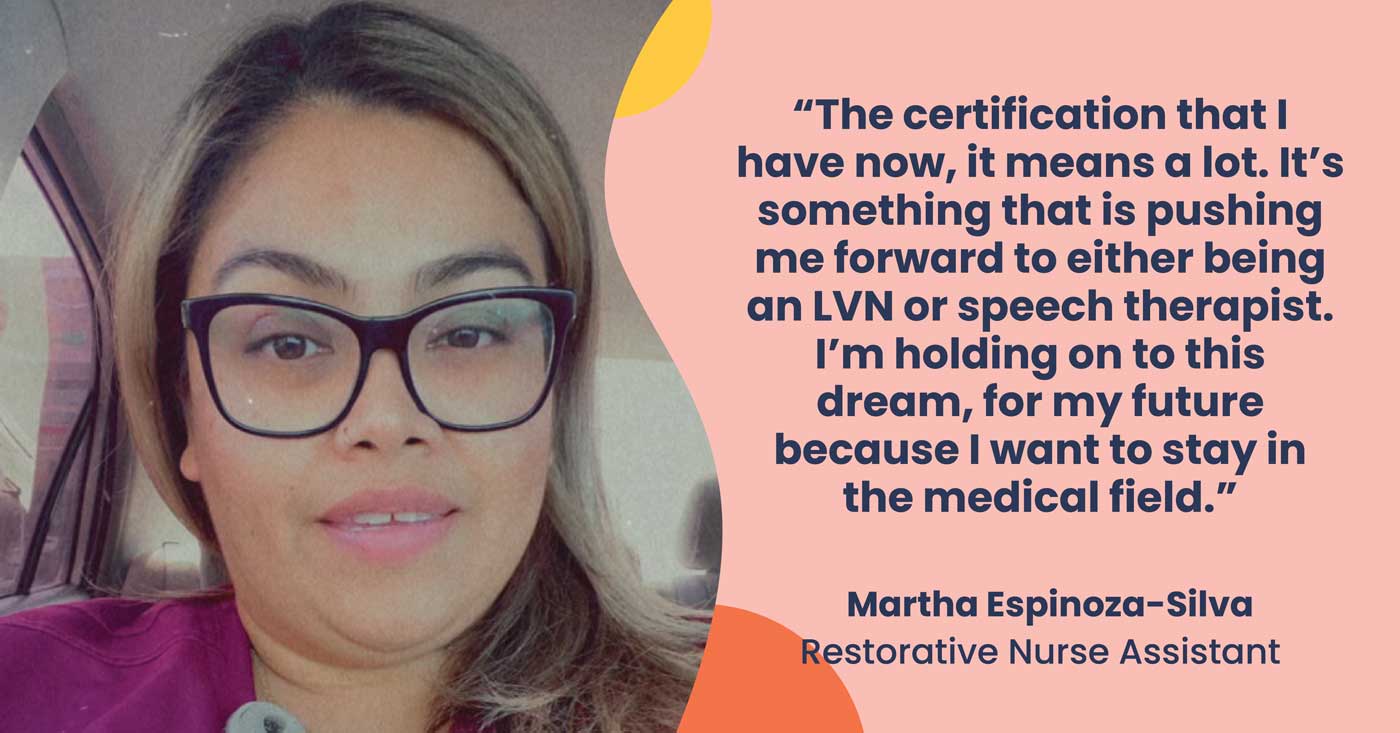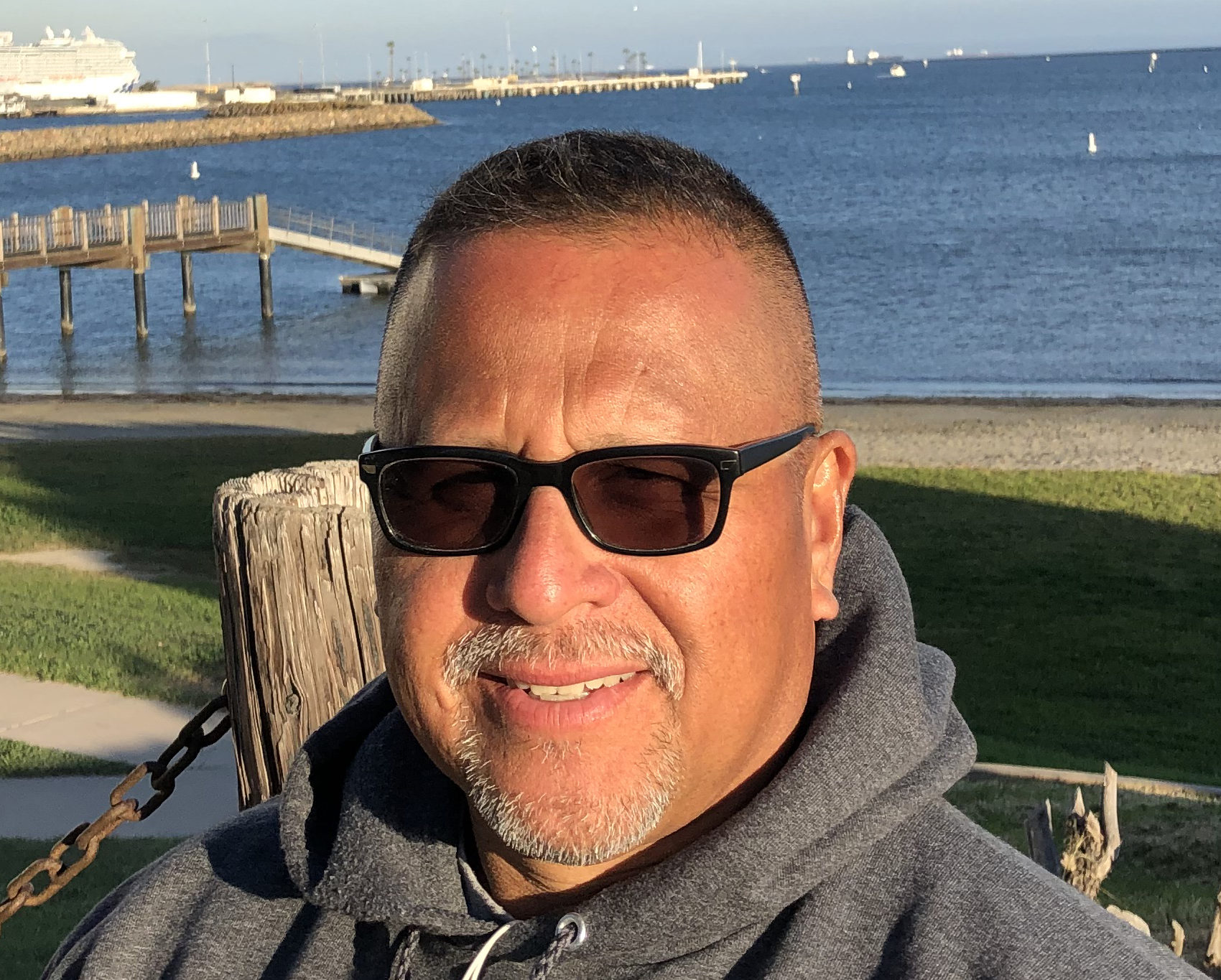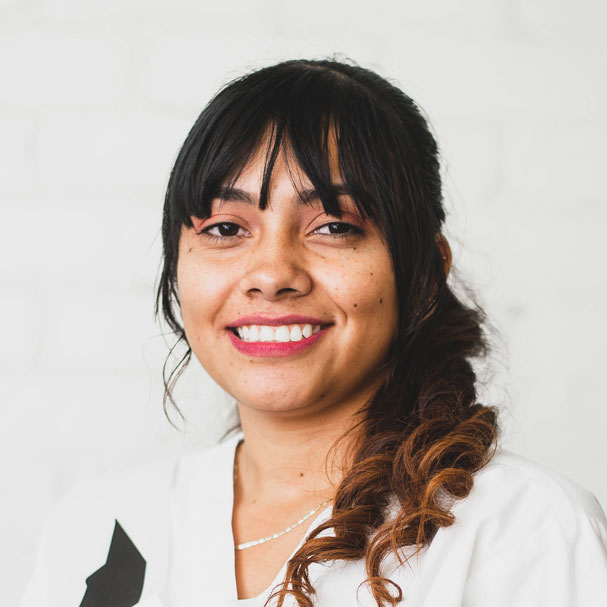CCA board member Joyce Hayashi knows full well the struggles that long-term care workers face every day. She lived it as the caregiver for her mother after she suffered a severe stroke, then later for her sister, Doreen, when she became disabled by muscular dystrophy.
“Many of my contemporaries would not have stopped their careers to care for their family full time,” says Joyce, who quit her job as the operational vice president of a production company to devote her time to caregiving. “But as an Asian American, it’s part of my culture to care for your parents. And as the elder child, there’s an expectation that you would take charge as needed.”
Becoming an in-home care worker was not something Joyce had envisioned, a situation she acknowledges as something most family caregivers have in common. “It was daunting. I had no idea what caregiving entailed. It was something I didn’t know anything about, I had no training. It was unimaginably difficult,” she recalls of those earlier days.
Joyce turned her experience as a care worker into an opportunity to help others facing the same challenges. She joined the union and quickly became one of its most active members. Alongside fellow care workers, she fought for better wages and benefits and advocated for access to training that would lead to improved skills and career pathways.
A few years after attending her first union meeting, Joyce was elected to the executive board as a divisional vice president. She served on the SEIU 2015 Executive Board from 1992 until 2018, and on the SEIU State Council Board of Directors from 2013 to 2016.
Her advocacy for home care workers continues to this day. Aside from her work with SEIU L2015, she has been one of CCA’s stalwart supporters as a board member since 2013.
Joyce currently serves as a member volunteer for the Venice Pioneer Club, providing community support for Westside Japanese seniors. She is also on the executive board for the West Los Angeles Buddhist Temple. She takes pride in her work with the Buddhist Women’s Association as co-chair of its membership committee, in addition to her role as program consultant for Bay Street Arts, the Downtown Los Angeles Artist Space Cooperative.
Since she started becoming involved with L2015, she has seen the labor union’s membership grow not just in numbers but also in diversity.
“At the time I first joined, there were not many Asian Americans who were caregivers in the union. But today it has changed, we have different cultural backgrounds and many different ethnicities,” she says. “It gives a great deal of energy to our movement. That all these different voices can contribute to the cause, to influence others. We’ve learned from each other. We’ve learned to work with each other.”



